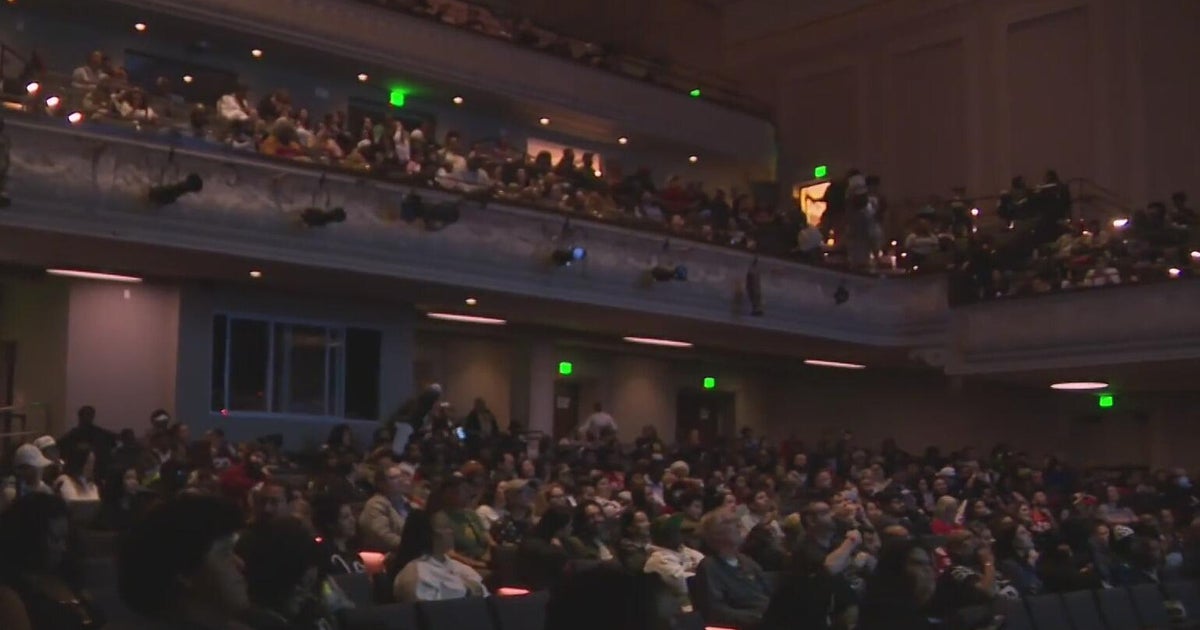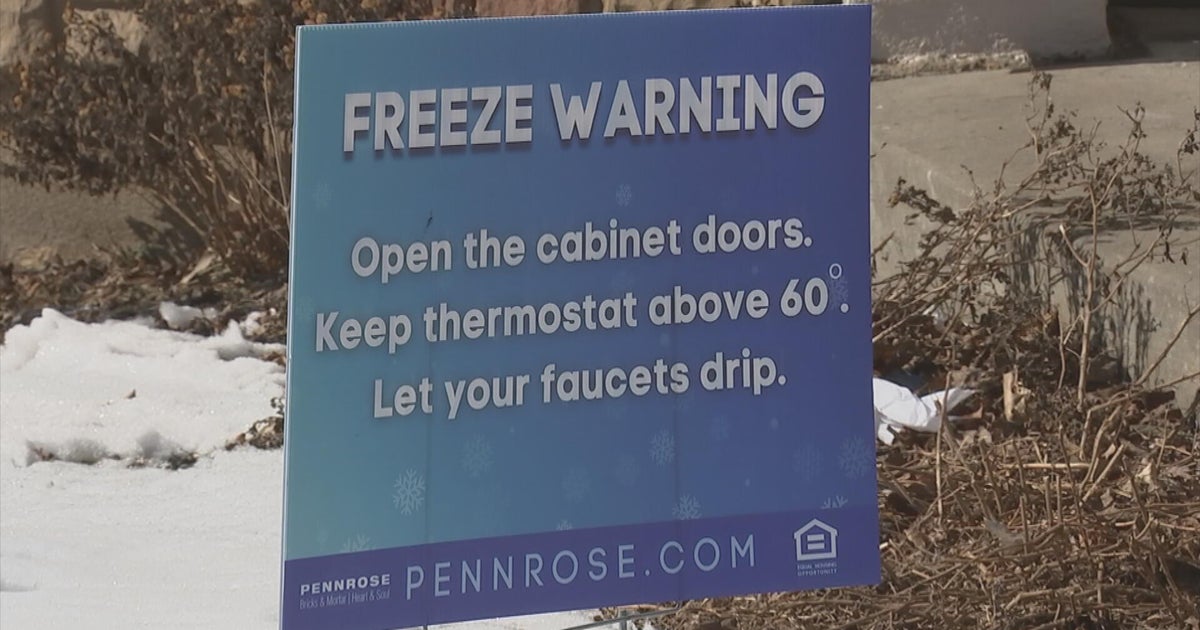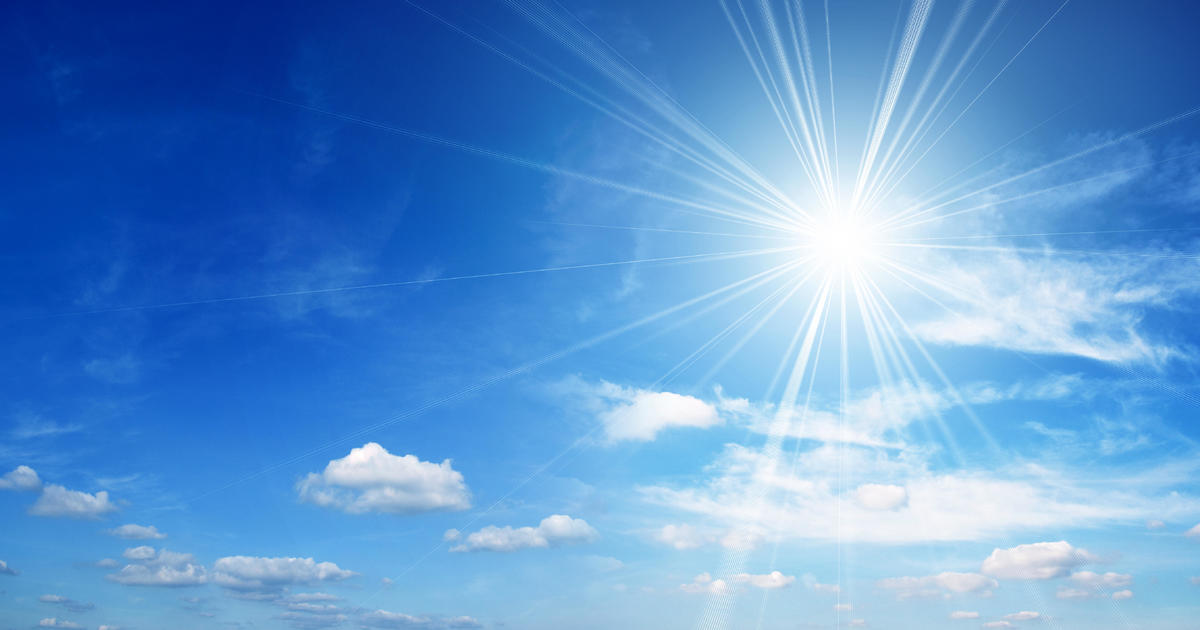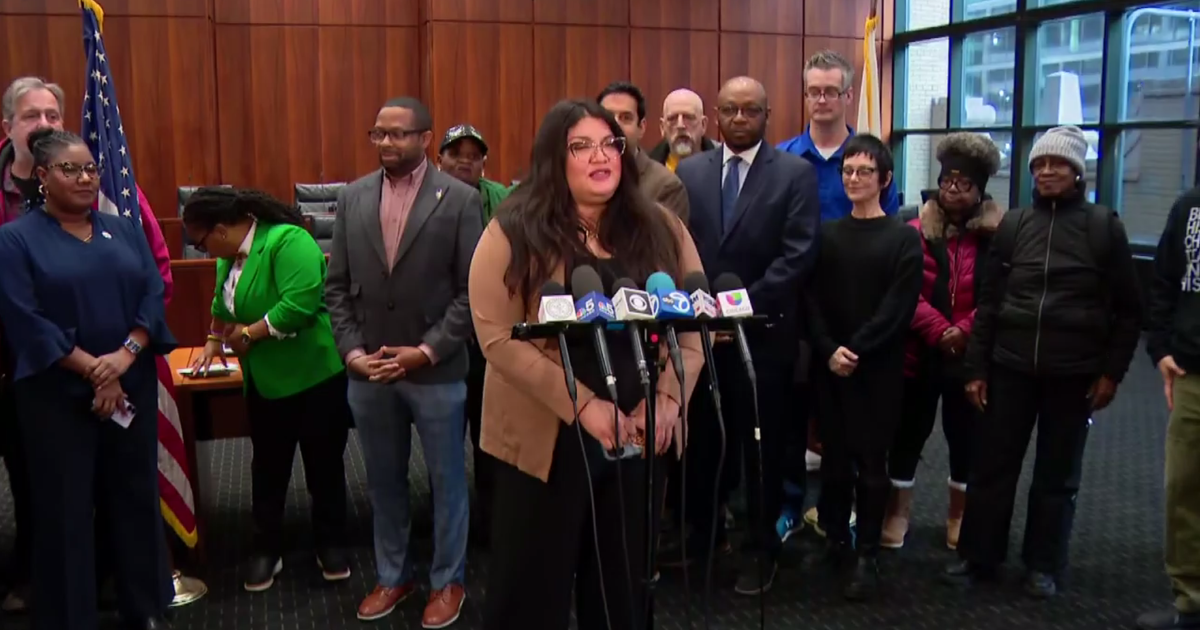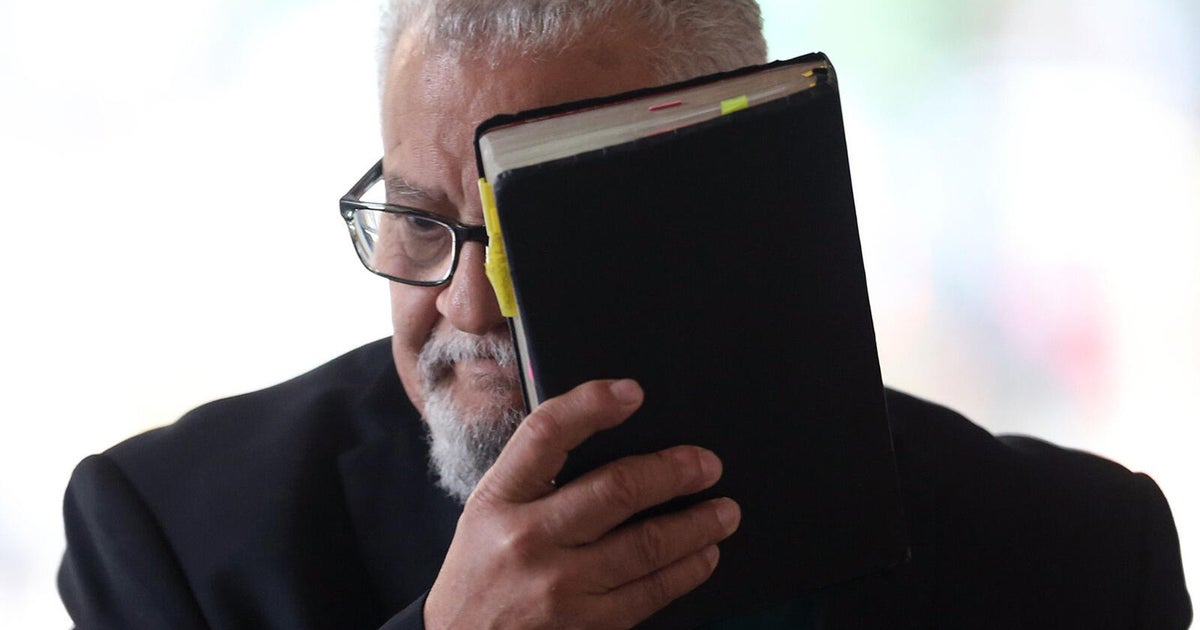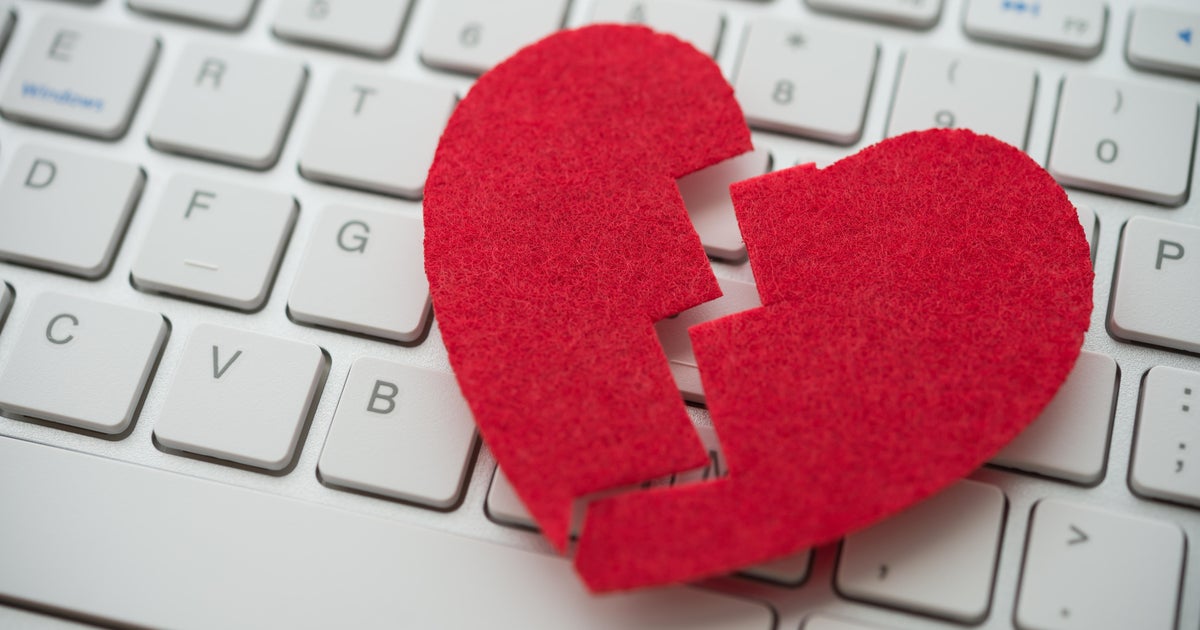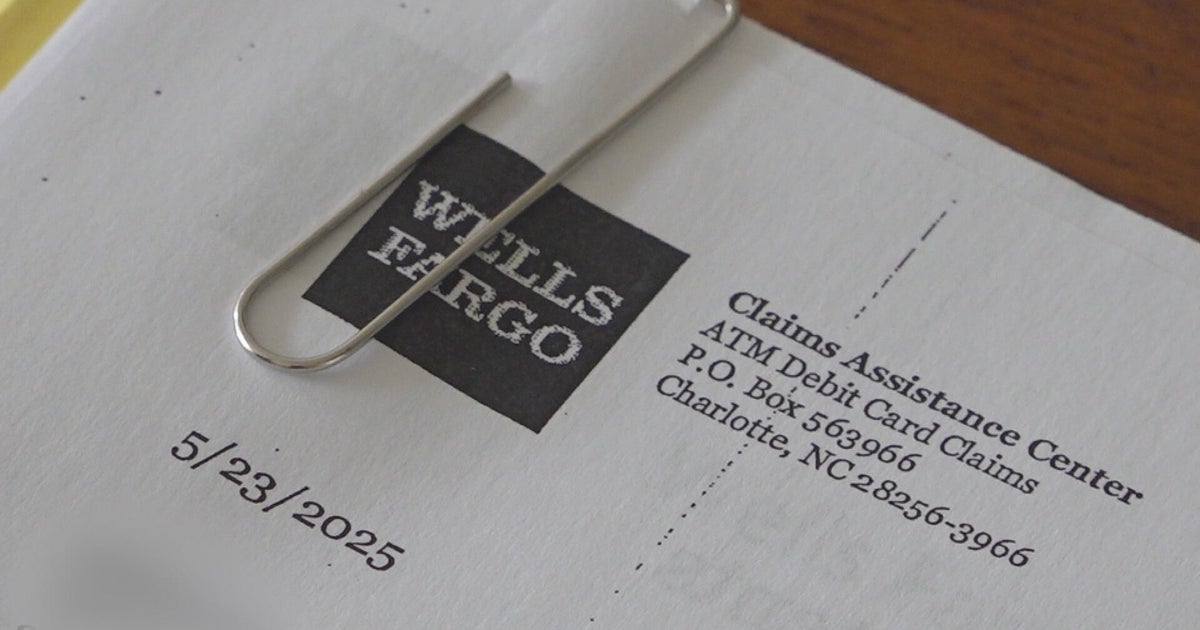Give Trevor Noah a Chance
By Wendy Widom
CHICAGO (CBS) — Like many others, I jumped on the anti-Trevor Noah bandwagon yesterday after reading that some of his past tweets were tinged with anti-Jewish sentiment and poked fun at obese women.
It's not the first time I've transformed into an online Wonder Woman, fighting inequality and injustice, armed only with my sharp wit and a fully charged iPhone. When I see bigotry or hate online, I take it upon myself to broadcast my disgust to everyone with a Twitter account or connection to my Facebook page. Then I give myself a pat on the back for fighting to make the world a better place.
This time, though, I felt a guilty tug inside. What if I was wrong about Trevor Noah? I'll be honest, before Comedy Central announced he is replacing Jon Stewart on The Daily Show, I'd never heard of him. I decided to head over to YouTube to see his hate-filled rhetoric firsthand. As I watched his performances, I did something I never expected. I laughed.
Trevor Noah is of mixed racial heritage, the son of a South African woman of Xhosa descent and a Swiss-German father. He grew up in post-apartheid South Africa. His stand-up routines are infused with amusing observations of typically very unfunny topics such as racism, ethnocentrism and cultural bias.
Picture a humorous Margaret Mead, traveling the world and observing hypocrisy and misogyny in what many consider the most enlightened pockets of the world. Noah is a comedic cultural anthropologist who perceives himself as the perennial outsider. He pokes at our prejudices and partialities, leaving us no option but to laugh out our own small-mindedness.
He's Book of Mormon, only way less offensive.
In the last day or so, online commentators like me have publicly shamed Trevor Noah. Public shaming, even when we tell ourselves we have good intentions, can be a horribly destructive phenomenon.
In a February edition of the New York Times magazine, Jon Ronson writes about Twitter vigilantes and public shaming in his article, "How One Stupid Tweet Blew Up Justine Sacco's Life." Remember Justine? In 2013, before getting on a plane to South Africa she tweeted, "Going to Africa. Hope I don't get AIDS. Just kidding. I'm white!"
By the time her plane landed, Sacco was trending number one on Twitter. She lost her job. Hotel workers in South Africa threatened to strike if she stayed at their establishments. She was afraid for her life because of one stupid tweet. Here's what Ronson says about being a Twitter vigilante:
"Still, in those early days, the collective fury felt righteous, powerful and effective. It felt as if hierarchies were being dismantled, as if justice were being democratized. As time passed, though, I watched these shame campaigns multiply, to the point that they targeted not just powerful institutions and public figures but really anyone perceived to have done something offensive. I also began to marvel at the disconnect between the severity of the crime and the gleeful savagery of the punishment. It almost felt as if shamings were now happening for their own sake, as if they were following a script."
For the most part, I love social media. It ignites revolutions, topples regimes and gives people a chance to make their voices heard. The internet at its best builds bridges to a more interconnected and understanding world. But it can also breed hate and lead to knee-jerk reactions. When it comes to social media, we have become addicted to outrage.
Yesterday I tweeted that there was zero chance I'd ever watch Trevor Noah on The Daily Show. I was wrong. As a perennial outsider myself, I may tune in to see what he's all about. I want to see how he turns the metaphorical mirror right back on me, a Jewish American woman mostly oblivious to my own privilege and prejudices. A person who rushes to judge someone whose work she's never seen and who believes, somewhat grandiosely, that sharing outrage on social media deserves any sort of commendation.
If Trevor Noah is an anti-Semite or offensive to women, I will make my opinion heard. But I won't shame him on social media because of some jokes he made on his way to the international stage. I'm giving him a chance.
